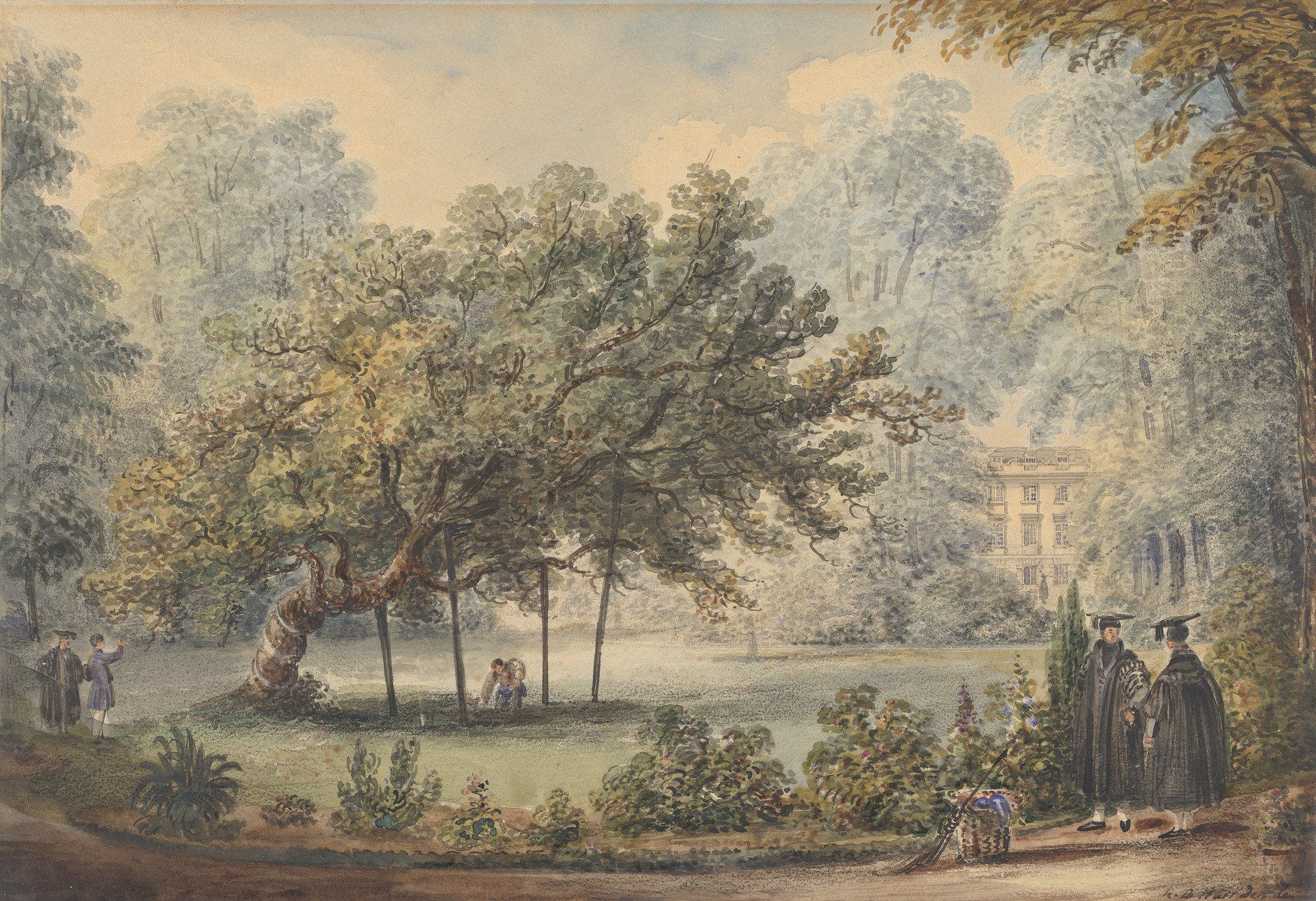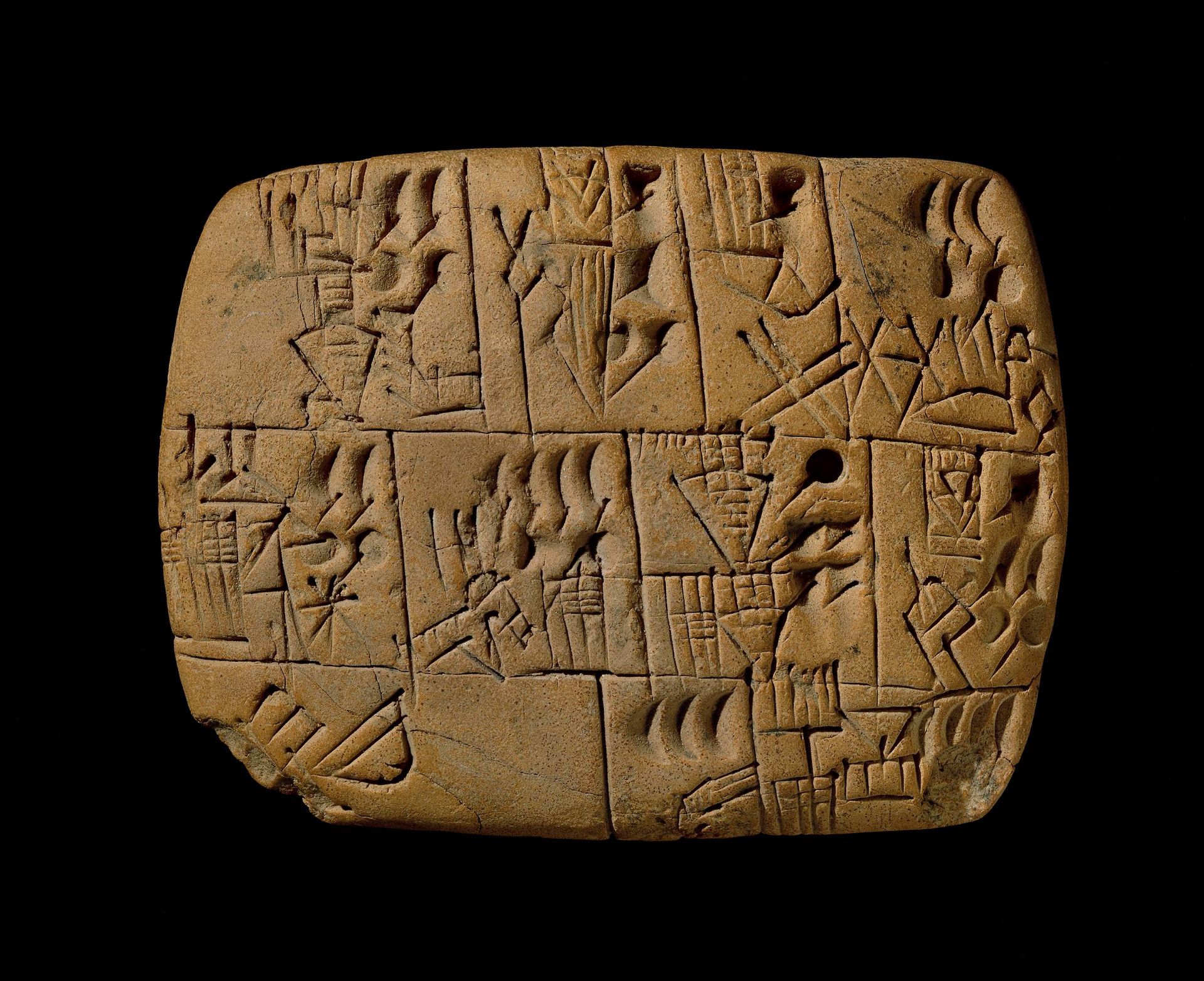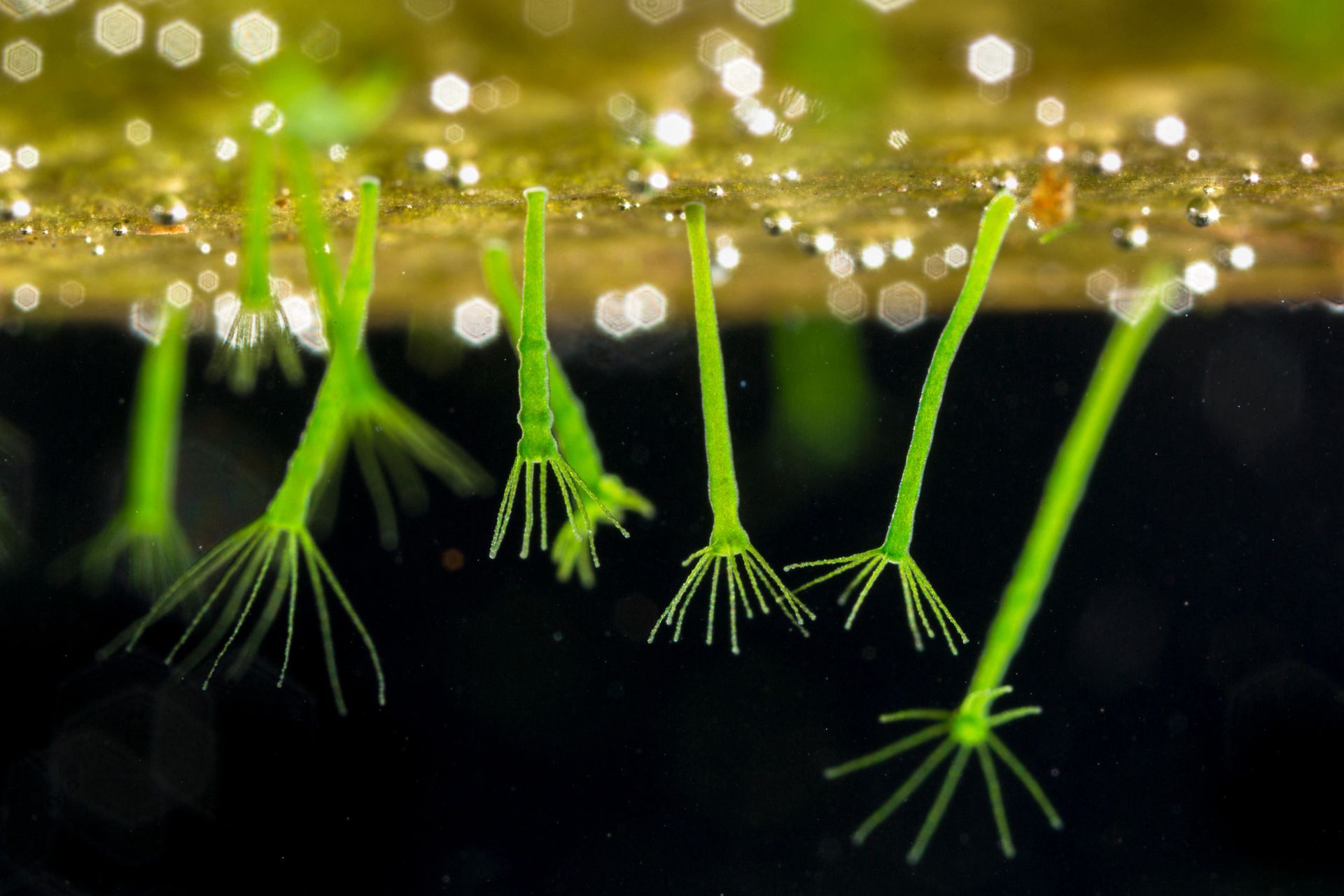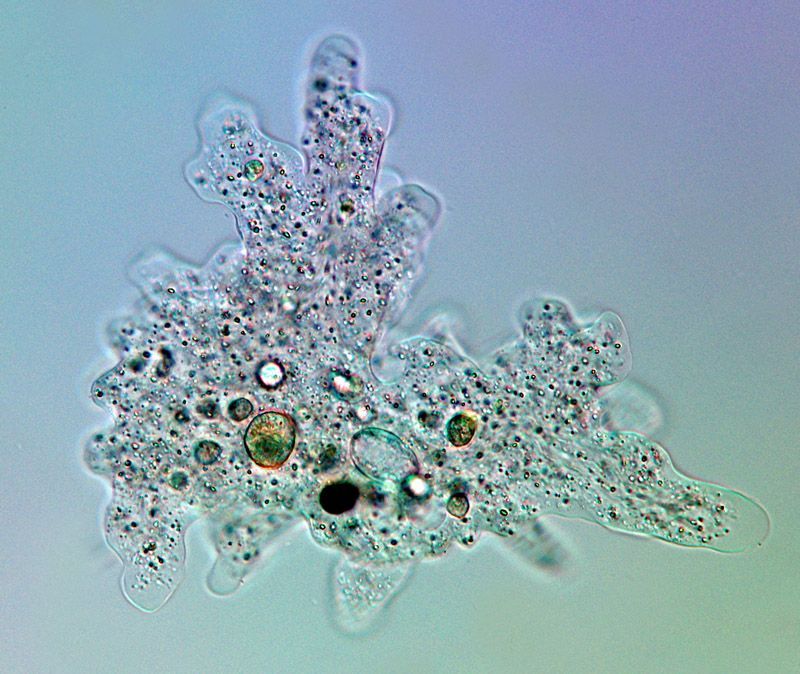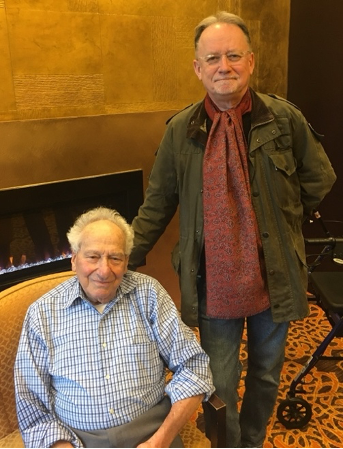
Welcome Class of 2022
Educators and students face the unprecedented challenge of advancing scholarship at a time when the extinction of our species seems very likely and the end of civilization is inevitable. Earth is warming swiftly and there is nothing that can be done now to prevent the forthcoming collapse of the subset of environmental conditions that are conducive to human persistence. Our mission, should we choose to accept it, is to help figure out how humanity can exit, stage left, with a little grace. This is the overarching intellectual challenge of this terminal human century. Forget the TED Talks about geothermal energy and electric cars, and solar panels are nothing more than funeral decorations.
A glance at the history of my university—Miami in Oxford, Ohio—provides an earlier divination of doom from a professor. Infectious disease was the greatest threat to the campus in the first half of the nineteenth century. Graves in the town cemetery commemorate students exterminated by measles, dysentery, and smallpox, but cholera was the epidemic that everyone feared. The spread of this illness stimulated an 1833 lecture by the Rev. Dr. John Witherspoon Scott, Miami’s first science professor, on “The Cholera, God’s Scourge.” Drawing on his Presbyterianism, Scott explained that cholera was “a divine judgment upon men on account of their sins,” and noted that the specter of this plague, “confounds the wisdom and skill of the faculty.” God was infuriated, he deduced, by slavery, the mistreatment of Native Americans, and other manifestations of our national exceptionalism. Dr. Scott recommended that we “humble ourselves and repent of our sins as a nation . . . and especially as individuals,” as a “precautionary measure.” The strategy failed: ten residents of Oxford died from cholera in 1834, and hundreds more in a second epidemic.
The bacterium that caused cholera was identified some years after Dr. Scott’s lecture. In our time, we have learned, with comparable certainty, that the incineration of fossil fuels has flooded the atmosphere with carbon dioxide and that this is roasting the planet. Having crossed the vast gulf of the monkish and deluded past, there is no need to indict a brumous deity for this mess. This is on us, completely. All of our ancestors contributed to the ruination of nature, the more recent ones picked up the pace, and we are the unfortunate participants in the completion of this tragedy. There may be time for a graceful exit plan, but we need to accept the science, embrace our culpability, and consider the significance of the changing climate in everything we study.


